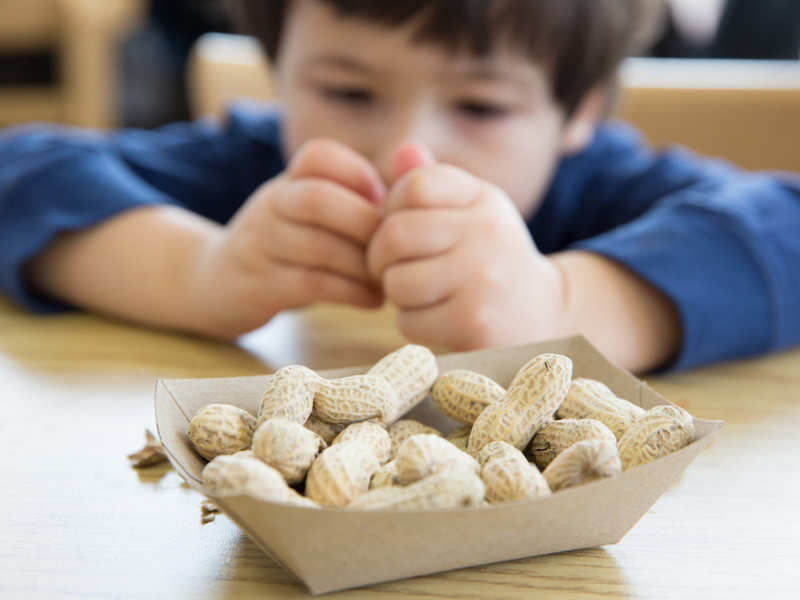
Children born in Autumn are more likely to suffer from food allergies: Study
by TIMESOFINDIA.COMIn the recent past, the cases of food allergies have become a fairly common health concern around the globe. The problem is that the number is only increasing with time. Approximately 2.5 per cent of the general population across the world is allergic to some food. Out of which, most of the cases of food allergies are diagnosed in childhood itself.
Food allergy is something we generally do not talk about much as it seems simple that you have to avoid consumption of particular food. But it is actually life-threatening and something that can be prompted even by traces of the trigger foods. Due to this, patients and families always live in fear and anxiety. Anybody can be diagnosed with this health condition, even those who do not have any family history of allergies.
However, as per the recent study, children born particularly in Autumn or fall season are more prone to develop food allergies as compared to other kids.
The study
To learn more about the reasons for the surge in cases of food allergies, National Jewish Health (NJH) carried out a study in which they came to know that food allergies were more common in children born in fall or autumn season as compared to others.
They observed that the signs of allergies start to appear slowly. The first symptoms are usually dry and cracked skin followed by other chain reactions of allergic diseases known as the atopic march.
In the study published in the Journal of Allergy and Clinical Immunology: In Practice, the lead paediatrician and lead author of the study Jessica Hui said, "We looked at every child treated in our clinic, and those born in the fall were much more likely to experience all of the conditions associated with the atopic march."
Now the team of researchers are trying to find out why this happens. Though they strongly believe that it can be due to the bacteria present on the skin and are trying to know more about how they affect the skin barrier.
Fall babies and food allergies
This allergy is believed to be linked with the colonization of harmful bacteria called Staphylococcus aureus, which is generally associated with fall babies. These bacteria damage the skin barrier, making them dry, itchy and painful. They also allow different bacteria and pathogens to penetrate the skin and enter the body.
When these foreign pathogens are absorbed through the skin rather than being digested, the body recognises them as a threat and produces antibodies against them. So, when the child eats a particular food, the antibodies recognize the food and trigger allergic reactions.
The team of researchers are now trying to dig deeper into the issue and find out other factors that may contribute to this weakened skin barrier in babies.
What other studies suggest
This is not the first time when such studies have come to light, which have linked allergies to a specific season. Previously in 2012, a study published in the European Journal of Allergy and Clinical Immunology also reported that a baby's birth season can be a cause for food allergies. Though they never specified the season.
In another study published in 2011 in the Annals of Allergy, Asthma, & Immunology, it was revealed that babies born in fall and winter are more prone to developing food allergies.